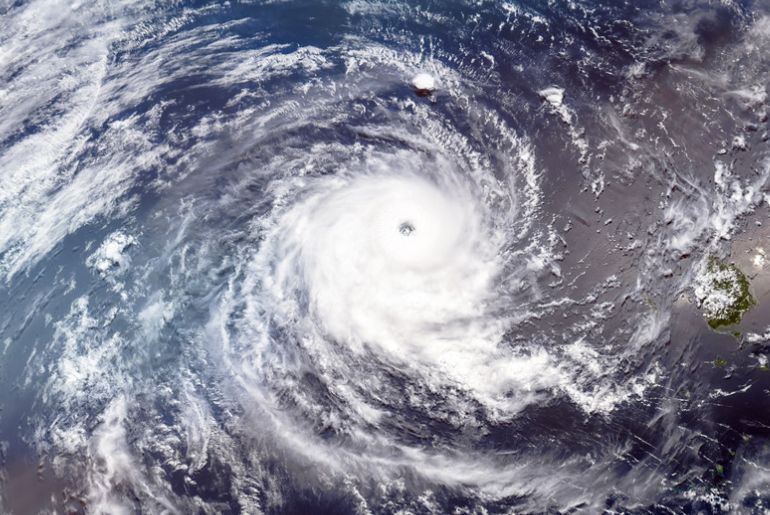Natural calamities are the worst to battle with. Whether it is a tsunami, hurricane or cyclone, anything born out of the friction between nature’s elements can be life-threatening. After New Zealand, Mauritius — a beautiful island nation in the Indian Ocean— was hit by Cyclone Freddy on Monday. The authorities were forced to close the airports. The speed of this cyclone was estimated to be three hundred kilometres per hour. Here is everything you need to know about the cyclone-hit country.
Airports Closed In Mauritius

Cyclone Freddy has triggered a class three warning in Mauritius. And the weather is said to worsen further on Monday afternoon. According to the advisory, locals were advised to remain vigilant and follow the instructions given by the local authorities. The country was forced to close major airports ahead of the cyclone. And many flights were cancelled. Air Mauritius confirmed this by stating that they cancelled eighteen inbound flights from Sunday to Tuesday.
Also Read: Cyclone Gabrielle Has Caused Devastation In New Zealand; Govt. Issued ‘State Of Emergency’
The airline further stated that they are closely monitoring the situation and that passengers will be informed about developments on their website. They also apologised for the inconvenience faced by passengers. Flights from destinations like Johannesburg, Paris and London were cancelled as well. Even the stock exchange was closed on Monday, and there was no trading, closing or settlement.
About Cyclone Freddy
Cyclone Freddy is a tropical cyclone that threatens the island nations in the Indian Ocean. And it is currently causing damages in Mauritius. According to the weather reports, this cyclone was swirling in the Indian Ocean for a week, and it was said to hit a few nations on its trajectory. Its strength can cause much damage and give rise to concerns like landslides, torrential rain, and flash floods.
Recently, New Zealand was hit by a cyclone and the country was flooding. Flights were cancelled due to unpleasant weather. These cyclones are becoming a daily occurrence for coastal areas.
Cover Image Courtesy: Canva Image (Rep Img)
First Published: February 20, 2023 4:18 PM



